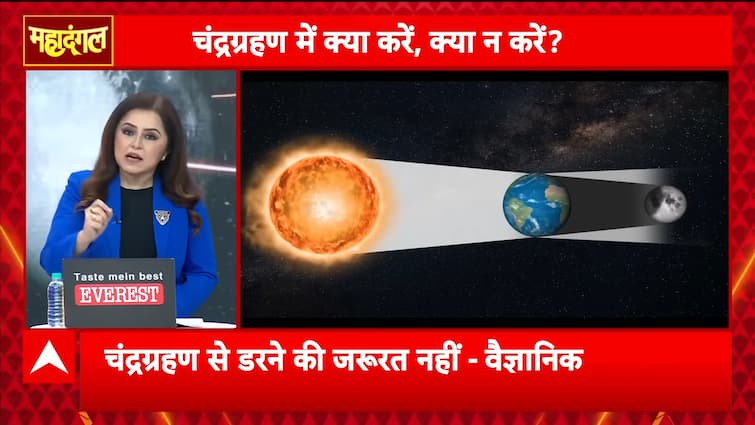A rare and significant celestial event is set to occur as India witnesses a total lunar eclipse during Pitru Paksha—a coincidence happening after 122 years. The eclipse will begin at 9:57 PM and end at 1:26 AM. Astronomers describe it as a natural astronomical event, with the moon expected to appear blood red, while astrologers are warning of ominous consequences. The lunar eclipse falls during Pitru Paksha, a sacred fortnight dedicated to honoring ancestors in Hindu tradition. Astrologers claim this rare timing could signify turmoil, political upheaval, or even war-like conditions. Some advise against cooking, eating, or stepping outside—especially for pregnant women—during the eclipse and its 9-hour-long Sutak period. On the other hand, scientists dismiss these claims, urging the public to view the event as a chance for astronomical observation and learning. They emphasize there is no proven impact of lunar eclipses on human life or the environment. This event has sparked a fresh round of debate between faith and science in India, highlighting how deeply cultural beliefs and scientific reasoning continue to intersect in society.



